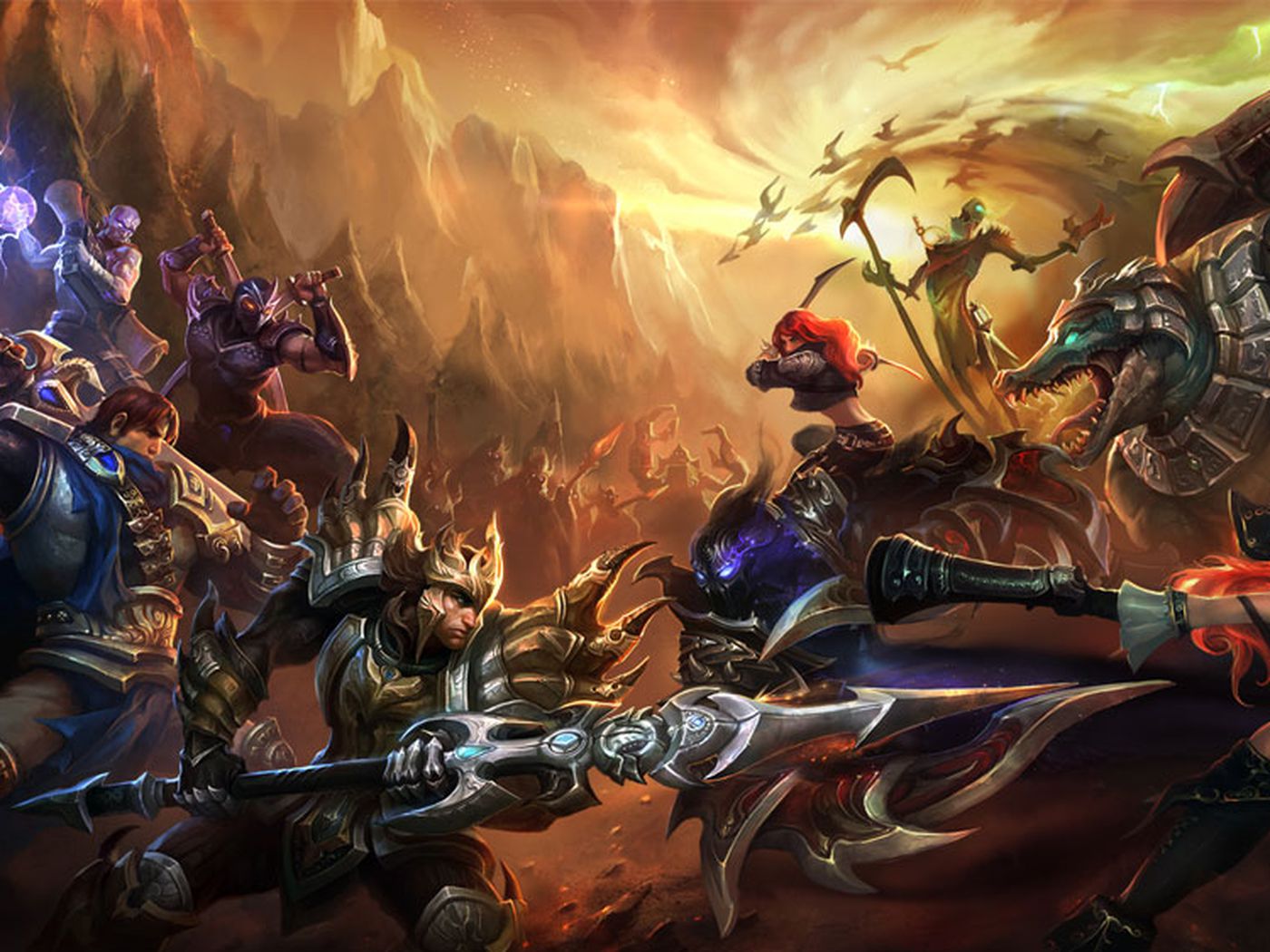In the realm of online gaming, competition can be intense, motivating players to explore avenues for gaining an edge. Games like Wild Rift, a mobile multiplayer online battle arena (MOBA) developed by Riot Games, inspire players to ascend the rankings and enhance their gaming prowess. Achieving higher ranks in Wild Rift signifies dedication and proficiency in the game. However, some players resort to a controversial practice known as “Wild Rift boosting” to achieve their goals. In this blog post, we will delve into the psychology behind this and explore how it affects player behavior.
The Quest for Higher Ranks
The game of Wild Rift has a system that allows players to distinguish and measure themselves from other players; this is done through various ranks. Climbing these ranks shows that player put in a lot of time and dedication, and it also demonstrates their skill level. However, not everyone has the time or skills to ascend the ranks naturally, which leads to the emergence of boosting services.
Understanding Wild Rift Boosting
It refers to the act of hiring a more skilled player, often referred to as a “booster,” to play on one’s account to boost their rank. The booster is typically a high-ranking player who can secure wins in lower-tier matches, thereby increasing the account owner’s rank. While this may seem like a shortcut to success, it raises ethical and psychological questions.

The Psychology of Wild Rift Boosting
Instant Gratification: One of the primary reasons players turn to boosting services is the desire for instant gratification. The process of advancing through the ranks in Wild Rift can demand a significant amount of time, dissuading some players from investing the necessary effort. Boosting presents an expedited route to attaining a superior rank, offering a swift and gratifying sense of achievement.
The Fear of Missing Out (FOMO) is a potent psychological force compelling individuals to desire what others possess. This phenomenon plays a role in driving players toward boosting services as they see peers or rivals reaching elevated ranks. When players see their friends or competitors reaching higher ranks, they may experience FOMO and feel compelled to boost their own accounts to keep up.
Performance Anxiety: Players who are obsessed with their rank may experience performance anxiety when playing ranked matches. This anxiety can lead to poor in-game decisions and negatively impact their gameplay. Boosting can temporarily alleviate this anxiety by ensuring wins and rank improvement.
Accountability and Reputation
Boosting can have a detrimental effect on a player’s reputation within the gaming community. Players who rely on boosting to achieve higher ranks may be perceived as less skilled and face backlash. This can lead to a sense of guilt and decreased self-esteem.
Furthermore, reliance on boosting can potentially erode the development of gaming skills. While it may yield immediate improvements in rank, it often occurs at the detriment of skill growth. Players who depend on boosters miss valuable opportunities to learn from their errors, adapt to diverse game scenarios, and evolve as competent players.
The Downside of Boosting Services: Boosting services are not without risks. Some services may compromise the security of player accounts or engage in fraudulent activities. The fear of being scammed can create stress and distrust among players.
While Wild Rift boosting may offer a temporary shortcut to higher ranks, it comes with significant psychological and ethical implications. Players should thoughtfully weigh the enduring impacts of boosting on their gaming adventure and personal maturation. In the end, the path of honing one’s abilities, gleaning wisdom from missteps, and ascending the rankings through unwavering diligence can prove substantially more gratifying than any expedient route. The genuine worth resides in the personal evolution and contentment derived from transforming into a proficient and accomplished participant.
